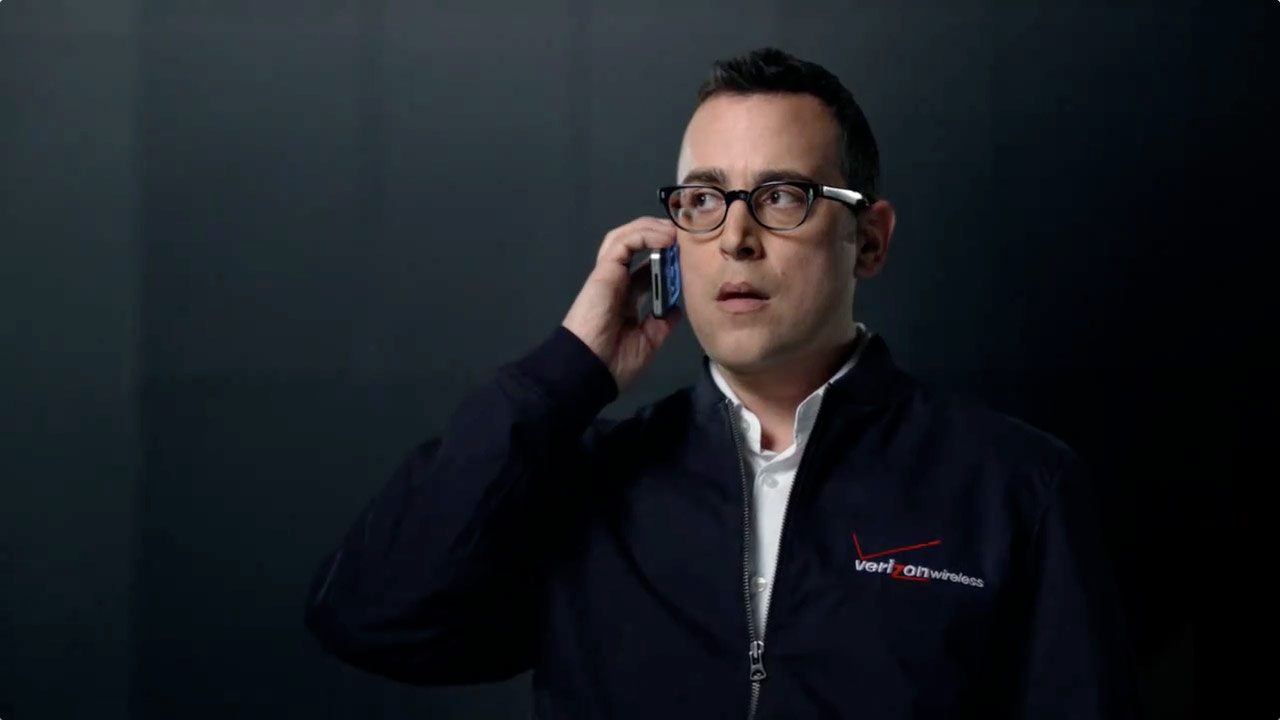I didn't monitor the Casey Anthony trial because, well, I have my own cases to worry about. However, the surprise acquittal has provoked numerous friends to solicit my lawyerly opinion on the matter, so I decided to weigh the evidence in an effort to autopsy the prosecution's failed case. Maybe conducting some independent research free from the TV talking heads could give me a fresh, untainted perspective.
But, before I provide my opinion, two caveats:
1. I am a civil attorney, not a criminal attorney; and
2. Not observing the trial largely precludes me from critiquing the attorneys' performances.
That being said, I think the evidence establishes
beyond a reasonable doubt that Casey Anthony killed her daughter. Why? Because there is just no reasonable explanation why Ms. Anthony would place duct tape over her daughter's mouth, either pre- or post-mortem.
For the sake of discussion, let's remove the duct tape from the fact pattern. Do children accidentally drown? Yes. Is it plausible that a demonstrably deranged mother may attempt to cover up an accidental drowning out of fear? I suppose. But deranged must a person be in order to duct tape the child's mouth either before or after the drowning? Implausibly deranged, in my opinion. So implausibly, in fact, to dispel reasonable doubt.
The jurors, however, seem to have misunderstood the concept of reasonable doubt.
Juror Jennifer Ford stated that the jurors were "sick to [their] stomachs" and "crying, and not just the women." Such a visceral reaction tells me they knew with a strong degree of certainty that Ms. Anthony was guilty, but they didn't think that certainty amounted to reasonable doubt.
Ms. Ford continued: "If you're going to charge someone with murder, don't you have to know how they killed someone or why they might have killed someone, or have something where, when, why, how?" Well, no, you don't. The jury instructions do not require jurors to answer those questions because it's possible to find guilt beyond a reasonable doubt without them.
This misunderstanding most likely originated with the best of intentions. I can just imagine (and this is pure speculation, mind you) some juror stoically declaring to his or her colleagues that this case is too important to screw up, so they had to make damn sure that no reasonable doubt existed in their minds. Unfortunately, this problem psyched them out: they were so scared of screwing up that they confused "reasonable doubt" with "any reason to doubt." The latter standard is completely unmanageable, because it is almost always possible to find
some reason to doubt a case. Applying it would make it virtually impossible to ever secure a conviction.
And so, back to the doubt that must have crept into the jurors minds: that Casey Anthony is such a bad person that she might not have killed her daughter. Now, there is a paradox that will haunt criminal law students and prospective prosecutors for generations to come.
Ryan T. Darby practices civil litigation in San Diego, CA.









